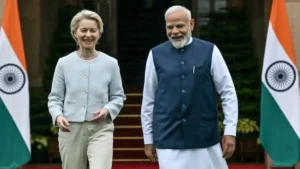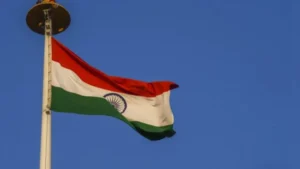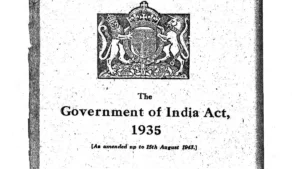
The 5th edition of Science Film Festival of India (SCI-FFI 2020) was started in Goa’s capital city Panaji. The aims of the festival are instilling the knowledge of science among the youth with the help of exhibitions, masterclasses, workshops, and other activities. Films that have been selected to be screened at the event are ‘Mission Mangal’, ‘Antariksham 9000 KMPH’, ‘Everest’, ‘Aamorie’, ‘Terminator: Dark Fate’, ‘Geostorm’ and, ‘Virus’ among others.
A special workshop titled ‘Million SoUL’ will also be conducted by IIT Bombay on training about making solar lamps. The workshop is aimed at empowering people from backward communities. The workshop will also aim at teaching participants about the health, educational and environmental benefits of solar energy.
Important takeaways for all competitive exams:
- Chief Minister of Goa: Pramod Sawant; Governor of Goa: Satya Pal Malik.



 India Plans Sharp Cut in EU Car Import T...
India Plans Sharp Cut in EU Car Import T...
 Republic Day Parade 2026 Highlights 150 ...
Republic Day Parade 2026 Highlights 150 ...
 Government of India Act, 1935: Provision...
Government of India Act, 1935: Provision...







